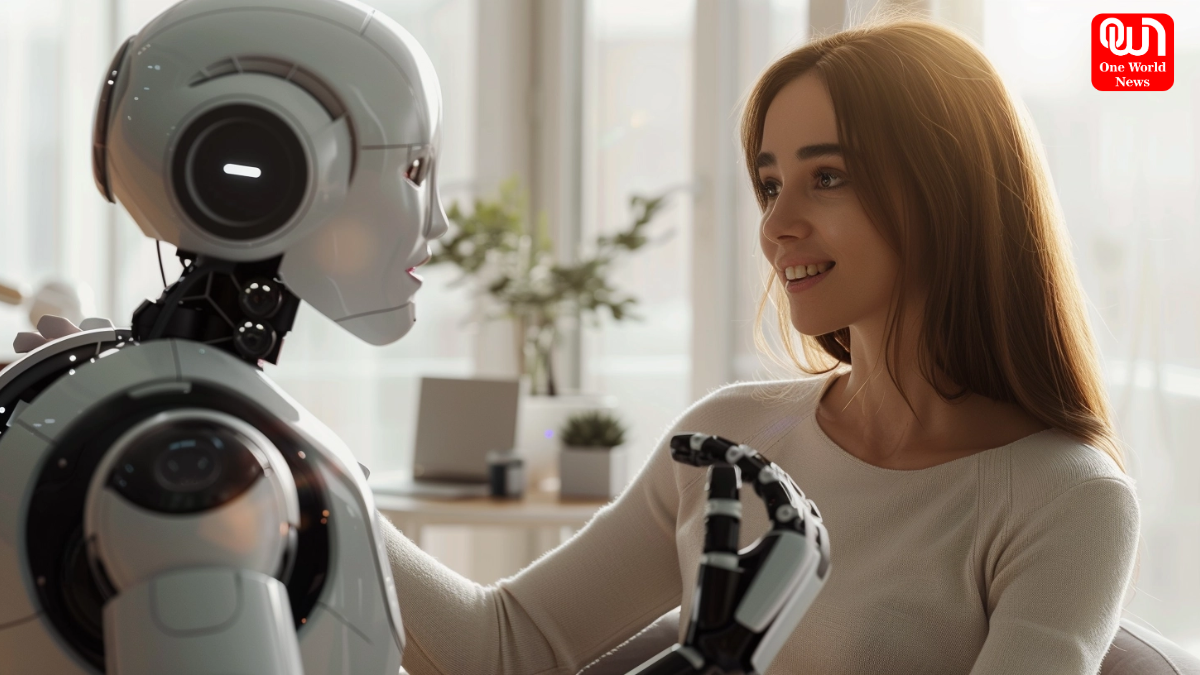The Rise of AI Companions: Exploring Digital Emotion in the Modern Age
Discover how AI Companions are transforming digital emotion, redefining relationships, and reshaping the future of human connection.
The Rise of AI Companions: How Digital Emotion Is Reshaping Human Connection and Relationships
In an era where technology intertwines seamlessly with our lives, the emergence of AI Companions marks a profound shift in how humans experience emotion, companionship, and connection. Once limited to mechanical efficiency, artificial intelligence has evolved into something far more personal — systems capable of simulating empathy, understanding emotional cues, and offering virtual comfort. The rise of these companions raises a vital question: as machines learn to “feel,” are humans ready to reciprocate?
At first glance, AI Companions appear as an innovation born from convenience. They help users manage schedules, offer reminders, and even engage in casual conversation. But beneath their functional exterior lies a sophisticated emotional intelligence powered by data-driven algorithms. They analyze tone, behavior, and text patterns to gauge a person’s mood, responding with tailored empathy that feels surprisingly human. This ability to mirror emotion is what makes them not just assistants but digital partners.
Read more: Bhai Dooj 2025 Fashion Trends: Traditional Looks for Brothers & Sisters with Eco-Friendly Dhanteras
For many people, especially those navigating solitude or emotional challenges, AI Companions serve as an unexpected form of solace. They provide a sense of presence, a voice that listens without judgment, and a constant connection in an increasingly disconnected world. The appeal is understandable — a perfect blend of reliability and compassion that never tires or misunderstands. But as comforting as it may seem, it also opens the door to deeper ethical and psychological questions.
Can a program that mimics empathy truly understand pain or joy? Does the illusion of emotional reciprocity blur our understanding of real relationships? Experts suggest that as AI Companions grow more advanced, humans may begin to rely on them not only for interaction but for emotional validation. This shift could subtly reshape how society perceives love, empathy, and companionship — moving from organic human exchange to artificial emotional stimulation.
The psychological implications are vast. While AI Companions might reduce loneliness for some, they may also discourage authentic social interaction. Human relationships, though complex and imperfect, thrive on vulnerability and unpredictability — elements that artificial systems, no matter how advanced, cannot genuinely replicate. Yet, for those craving constant affirmation, the digital alternative might appear safer, cleaner, and more predictable than reality itself.
On the flip side, proponents of AI Companions argue that this technology is not meant to replace human relationships but to complement them. Just as social media changed communication norms, AI-driven emotional interfaces could redefine how people express care and maintain connections. The technology can serve therapeutic purposes, offering mental health support, motivation, and companionship to those who need it most. However, the concern remains that dependency on digital affection might gradually erode the boundaries between genuine and simulated emotion.
Society stands at a critical intersection — one where innovation meets intimacy. The rise of AI Companions challenges our traditional definitions of connection and identity. Are we, as emotional beings, prepared to accept a digital entity as a confidant or partner? And if so, what happens to the essence of human touch, intuition, and emotional depth?
The future of AI Companions will likely depend on how responsibly humanity integrates them into daily life. Balancing the benefits of emotional technology with the preservation of authentic relationships will be crucial. As these intelligent entities continue to evolve, they may change the meaning of companionship forever — blurring the line between reality and simulation, empathy and algorithm.
Read more: Understanding World Pediatric Bone and Joint Day: Promoting Healthy Bones in Children
Ultimately, the question is not just whether AI Companions can understand us, but whether we are ready to understand them. The digital age invites us to explore new forms of intimacy, yet it also reminds us that true connection lies not in perfect responses, but in shared humanity — something no machine can ever truly replicate.
We’re now on WhatsApp. Click to join.
Like this post?
Register at One World News to never miss out on videos, celeb interviews, and best reads.








